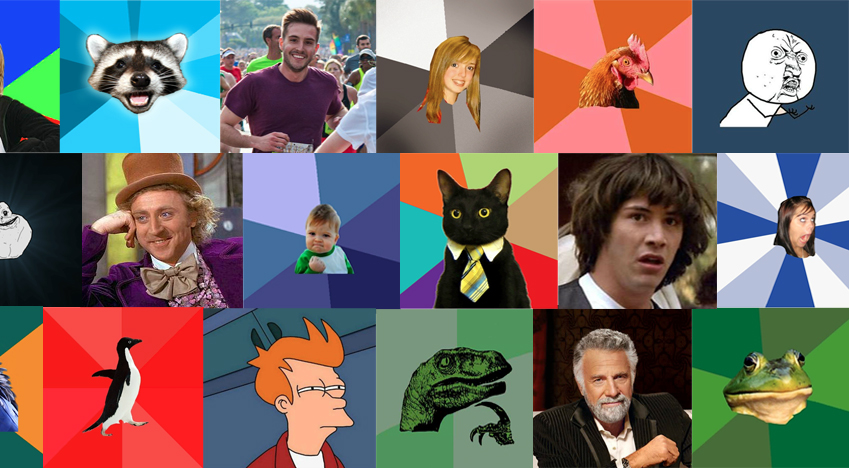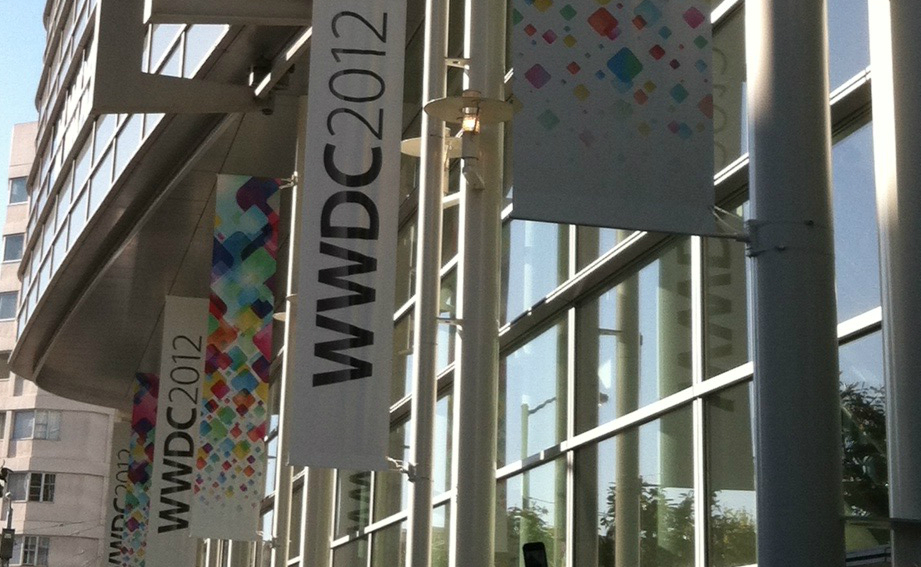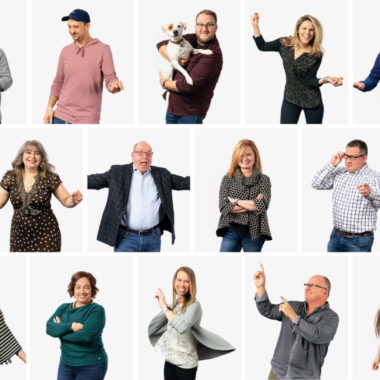Memes, Community and the Evolution of Communication
Have you seen the latest Dos Equis commercial? It quips that the most interesting man in the world “has inside jokes with complete strangers.” Beyond the inherent funniness of the concept, it made me laugh for a different reason—the enormous irony that the Dos Equis guy has become one of the most popular memes ever, and the fact that memes are, indeed, an inside joke with complete strangers.
You see, I love memes. Memes have replaced pretty much every form of entertainment in my home. In my downtime, instead of watching TV I’m on Imgur.com (my favorite website) in the company of some of my closest strangers. Good portions of text messages between my friends are memes or have some connection to a meme.
But that’s not what inspired this blog post. You see, memes are much more significant than a picture with a funny caption.
What exactly is a meme?
In case you’re wondering, let me provide some context. PCmag.com has a pretty good definition of “meme”:
“An image, video, story or joke that is voluntarily passed from one Internet user to another via e-mail, blogs and social networking sites. Considered a form of art, Internet memes are created to promote individuals, groups, movies, art, music and products, as well as to perpetrate a hoax or just be funny. They can disappear in days or last for years.”
Need more? Here’s a visual representation of a meme (using the popular meme “Scumbag Steve”).
What’s the significance of memes?
Memes highlight the impact of community connectedness. However, memes are only a metaphor for the massive change the Internet has brought upon human communication.
In a meme’s DNA is evidence of something quite fascinating and beautiful. Evidence that culture is expedited by online community collaboration. Evidence that people have a desire to not only connect, but to build things with each other. The Internet obviously hasn’t created this desire, but only widened and fostered this collaboration across the globe.
Together, online communities are building things that are universal in any country and culture. Memes serve as a new form of expression that can often convey emotions that are extremely hard to describe. They’re one of the newest and most significant forms of communication in the world.
As stated earlier, Imgur.com is my favorite website. At an initial glance, it just appears to be a website with pictures and memes. And it is—except the community is incredible. I can see funny pictures of cats anywhere on the Internet, but I go to Imgur for the community. The majority of the time, the first comment is actually funnier or more impactful than the initial image. This is a value delivered not by the service or product but by the community. I suspect this is why many other Imgurians (members of the Imgur community) repeatedly visit the site.
What do memes have to do with your brand or business?
Forgive me for making a loose correlation here. I’m definitely not here to suggest your brand get involved in making memes. On behalf of the entire online community, please don’t do that! The beauty of memes is their organic generation, and internet communities by nature can do it much better than your brand can.
I do, however, encourage you to use whatever resources you can to foster a meaningful community with your business, stakeholders and customers. Understand the new paradigm in communication and online collaboration that memes demonstrate. With new shiny tools, platforms, tips and tricks constantly in the spotlight, I fear we’ve forgotten what social media is truly about: building communities.
A real online community of customers is an enormous value-add to your business, whether that community lives on Facebook or in your forums. If you foster an amazing one, people will build things with (and for) your brand. They’ll become your biggest advocates. They’ll give helpful customer support on your behalf. They’ll provide valuable insight for product and business innovation.
So encourage those connections wherever you can. It’s in your customers’ DNA to be connected. It’s your job—and your opportunity—to help them become “close strangers.”






